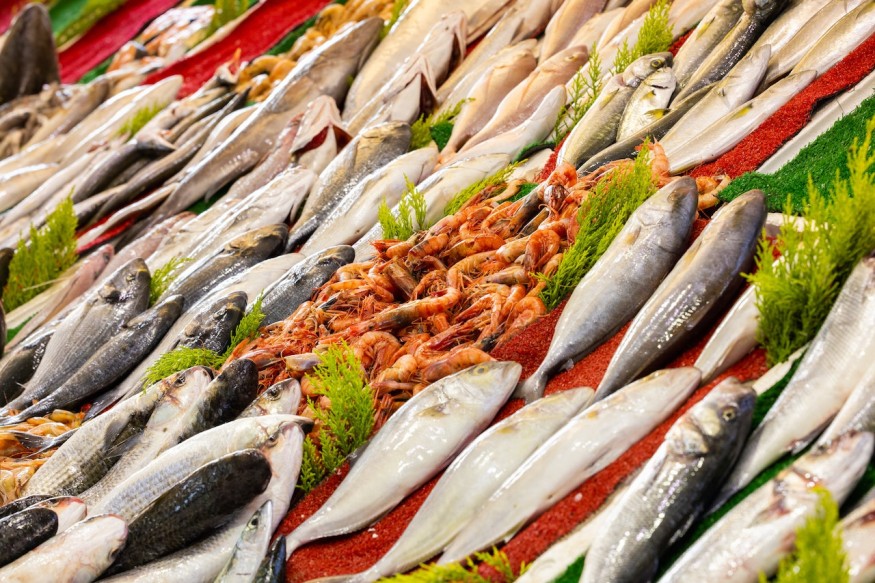A freshly caught fish does not have a particularly strong odor but just a hint of ocean or lake water. After a few hours, the dead fish will start to give off a stinky odor. The reason why fish smell the way they do is due to the natural process of decay and some characteristics that are unique to sea creatures.

Why Do Fish Smell So 'Fishy'?
Fresh fish are supposed to have a mild scent that resembles the salty smell of the ocean. As Professor Eric Decker from the University of Massachusetts Amherst described, they should smell like seaweed.
Strong, fishy odors beyond the typical fresh smell are the first signs of spoilage. It is usually blamed on bacteria that grow naturally in fish and consume an organic compound called trimethylamine oxide (TMAO).
Water in the open ocean is around 3% salt by weight, but the ideal dissolved minerals inside an animal cell are less than 1%. To maintain fluid balance, marine organisms need to fill their cells with amino acids and amines to neutralize the saltiness of seawater. For this purpose, ocean fish tend to rely on TMAO.
Bacteria convert TMAO to trimethylamine (TMA), a compound responsible for the signature fishy, ammonia-like odor. Cold-water fish species such as haddock and cod may develop this scent from TMA faster than others.
The fishy odor could also come from enzymes that break down once the fish gets caught. The bacteria in fish flesh convert the amino acid lysine into cadaverine, a substance associated with the decomposition of animals.
Fish odor can also result from chemical reactions when lipids or fats are oxidized. Fish are rich in omega-3 fatty acids. When these fats are exposed to oxygen, they oxidize and decompose into smaller, volatile molecules, giving them a distinct smell.
Can the 'Fishy' Smell Be Reduced?
Bacterial action leading to TMA and cadaverine happens faster than lipid oxidation in fresh fish. Factors such as time and temperature must be considered to slow down the bacterial growth and, thus, the fishy smell.
The less time between the moment the fish is caught and when it reaches the kitchen, the better. Since most fish are transported from various locations, they must be frozen or kept at the lowest temperature possible as soon as it is caught and cleaned.
For fish species with more fats, it is more challenging to control lipid oxidation. Freezing slows bacterial growth but does not stop lipid oxidation, as this reaction will take place as long as oxygen is present. To ensure the freshness of fish, vacuum-packed and frozen fish may be the best options. Meanwhile, low-fat fish are best for freezing since microbial spoilage will likely occur first.
For particularly fatty fish such as herring, blue fish, and mackerel, they are usually not frozen because they will still oxidize pretty fast. They begin to spoil and smell unless stored in a low-oxygen container, which is why these species are often canned.
RELATED ARTICLE : Does Eating Spicy Food Make Someone Smell Bad?
Check out more news and information on Fish in Science Times.












